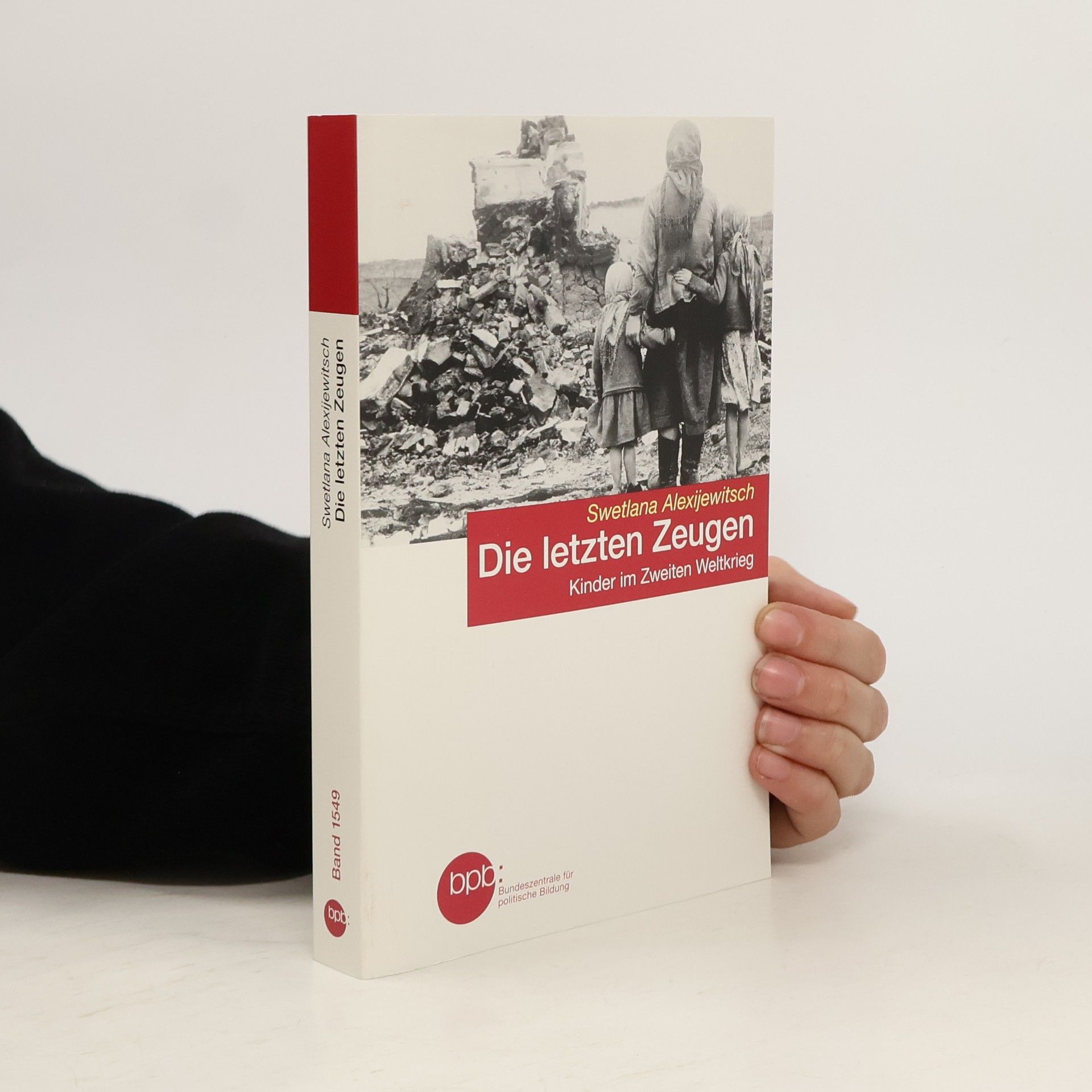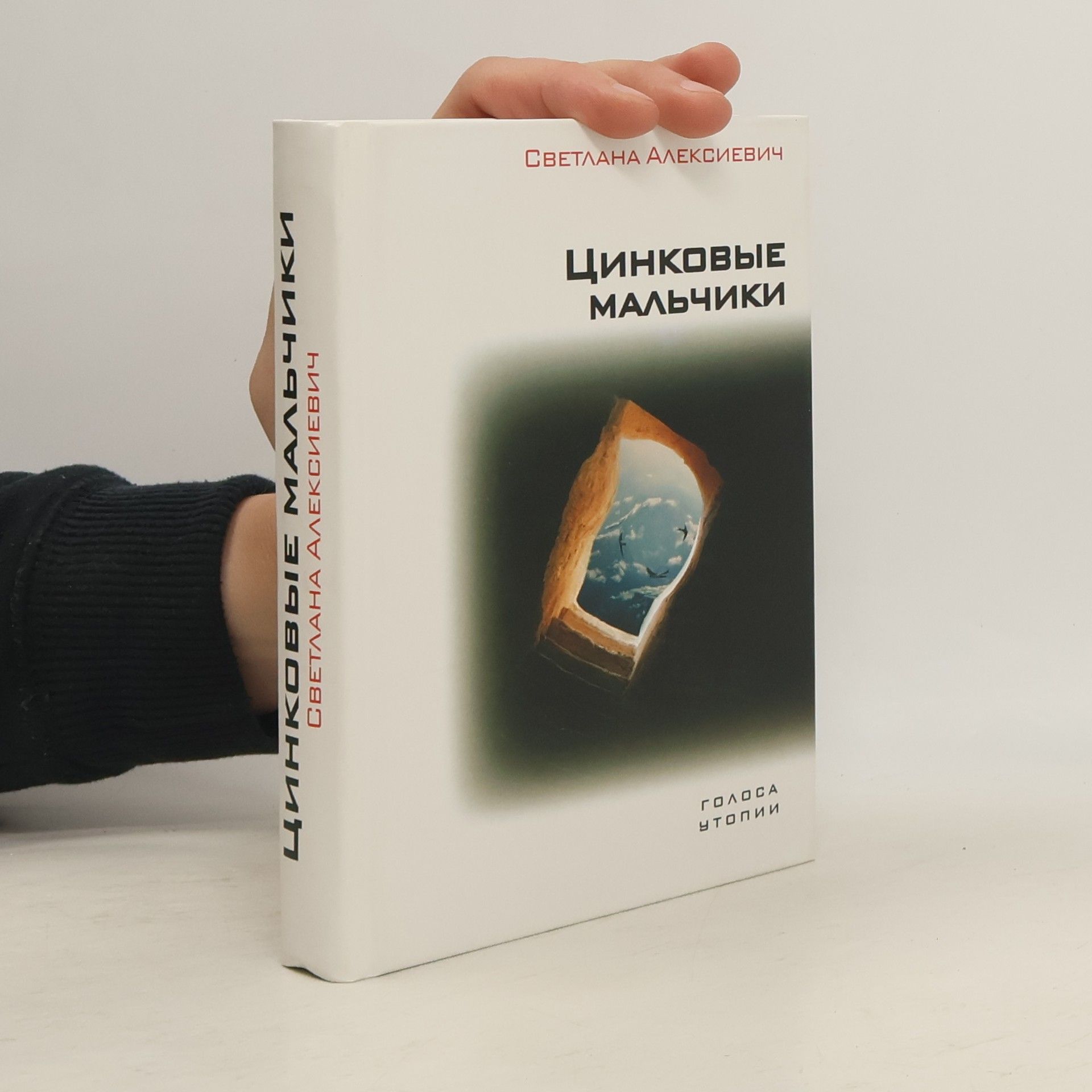NEW YORK TIMES BESTSELLER This magnum opus by Svetlana Alexievich, the 2015 Nobel Prize winner, presents a symphonic oral history of the Soviet Union's disintegration and the rise of a new Russia. The Swedish Academy praised her for creating "a new kind of literary genre," highlighting her work as "a history of emotions—a history of the soul." Alexievich's documentary style blends individual monologues with a collage of voices, capturing the stories of ordinary people often overlooked in official narratives. In this work, she chronicles the fall of communism through the eyes of everyday Russians, revealing their experiences over the past thirty years. Through interviews from 1991 to 2012, she unveils the realities behind propaganda and media portrayals, offering a panoramic view of contemporary Russia. The voices reflect memories of oppression, terror, and famine, alongside pride, hope, and a collective struggle for a utopian future. This account of life after a powerful ideology once dominating a third of the world weaves a magnificent tapestry of human sorrows and triumphs. Critics acclaim it as a profound exploration of the human condition, essential for understanding contemporary Russia and a necessary historical narrative that resonates deeply.
Svjatlana Aljaksandraŭna Aleksìjevìč Livres

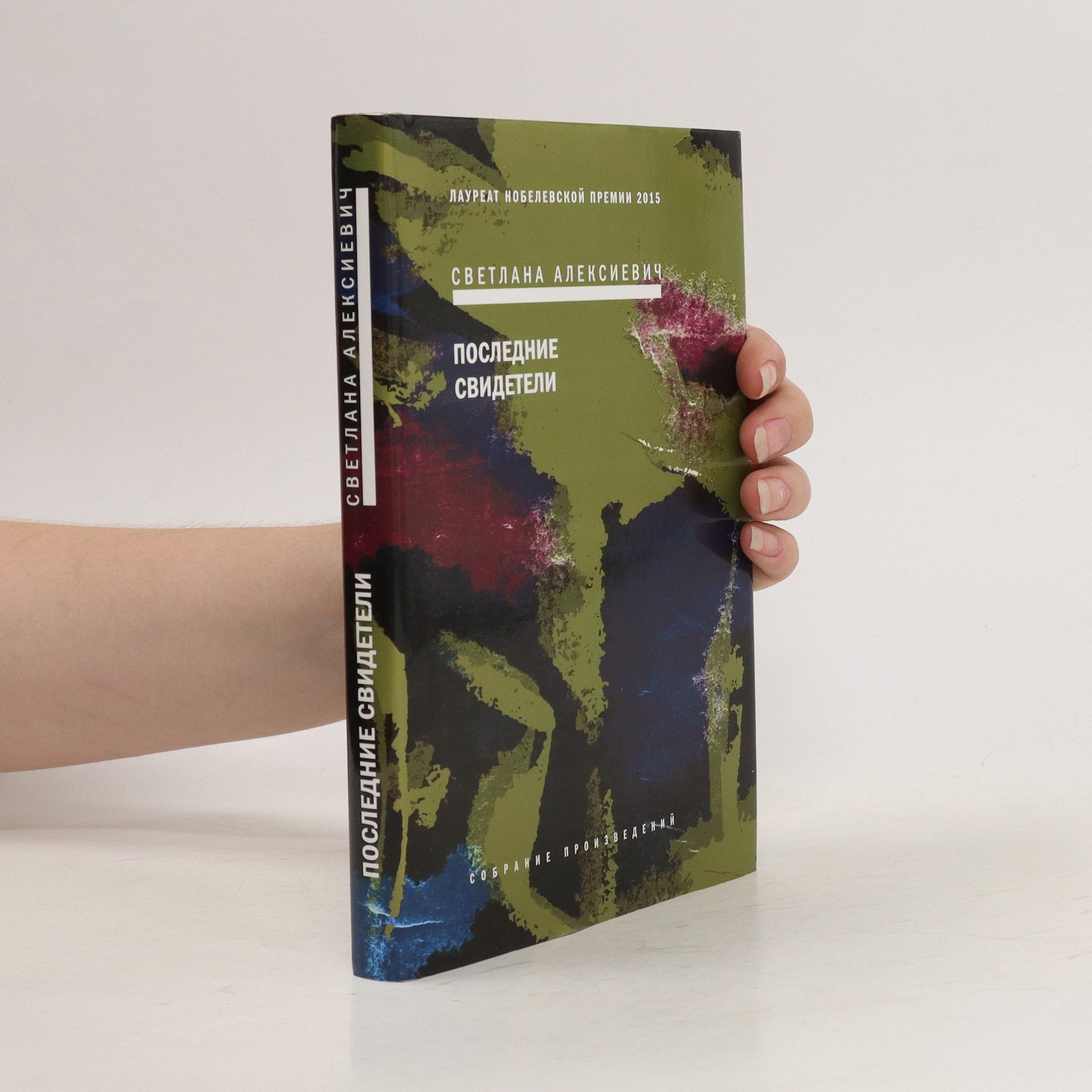
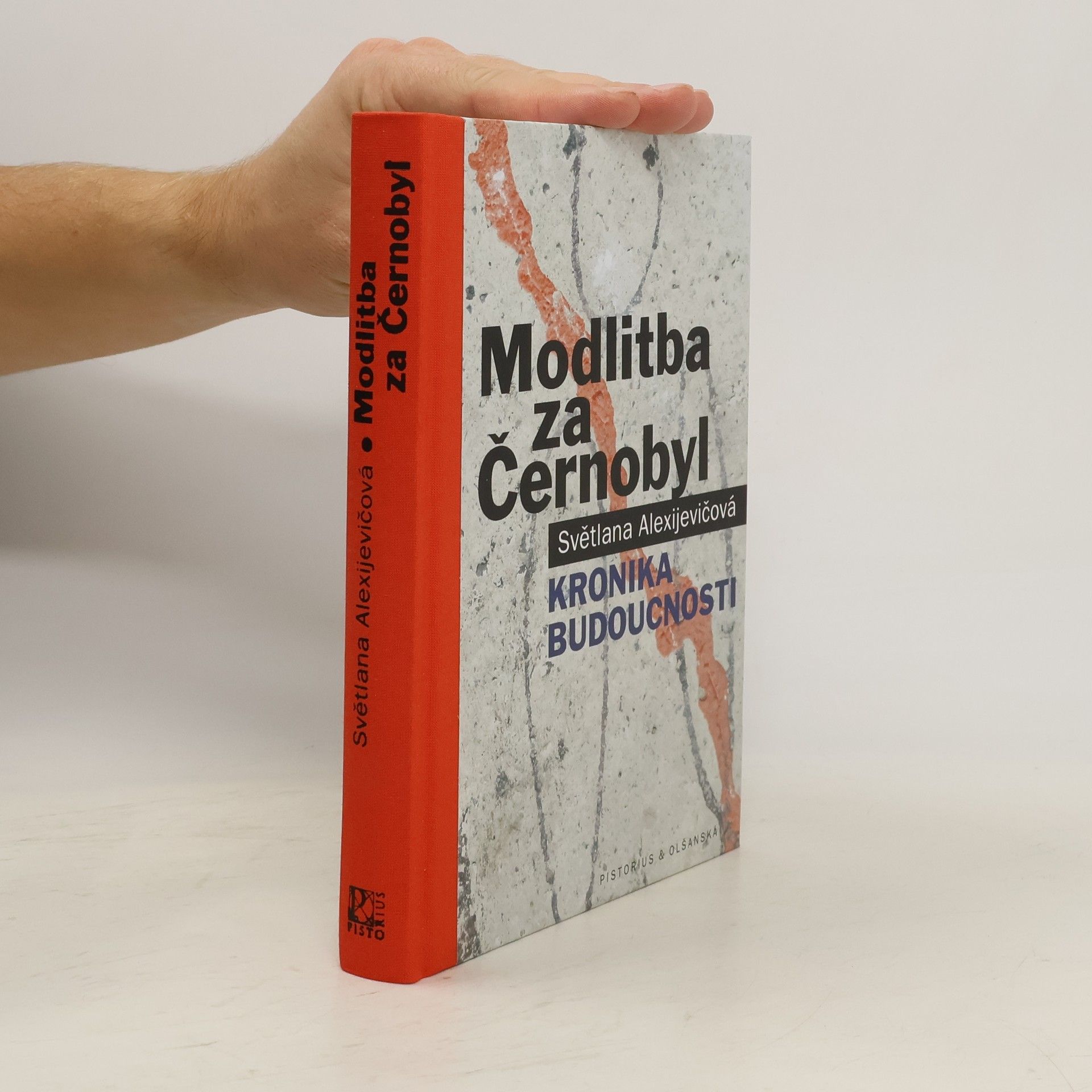
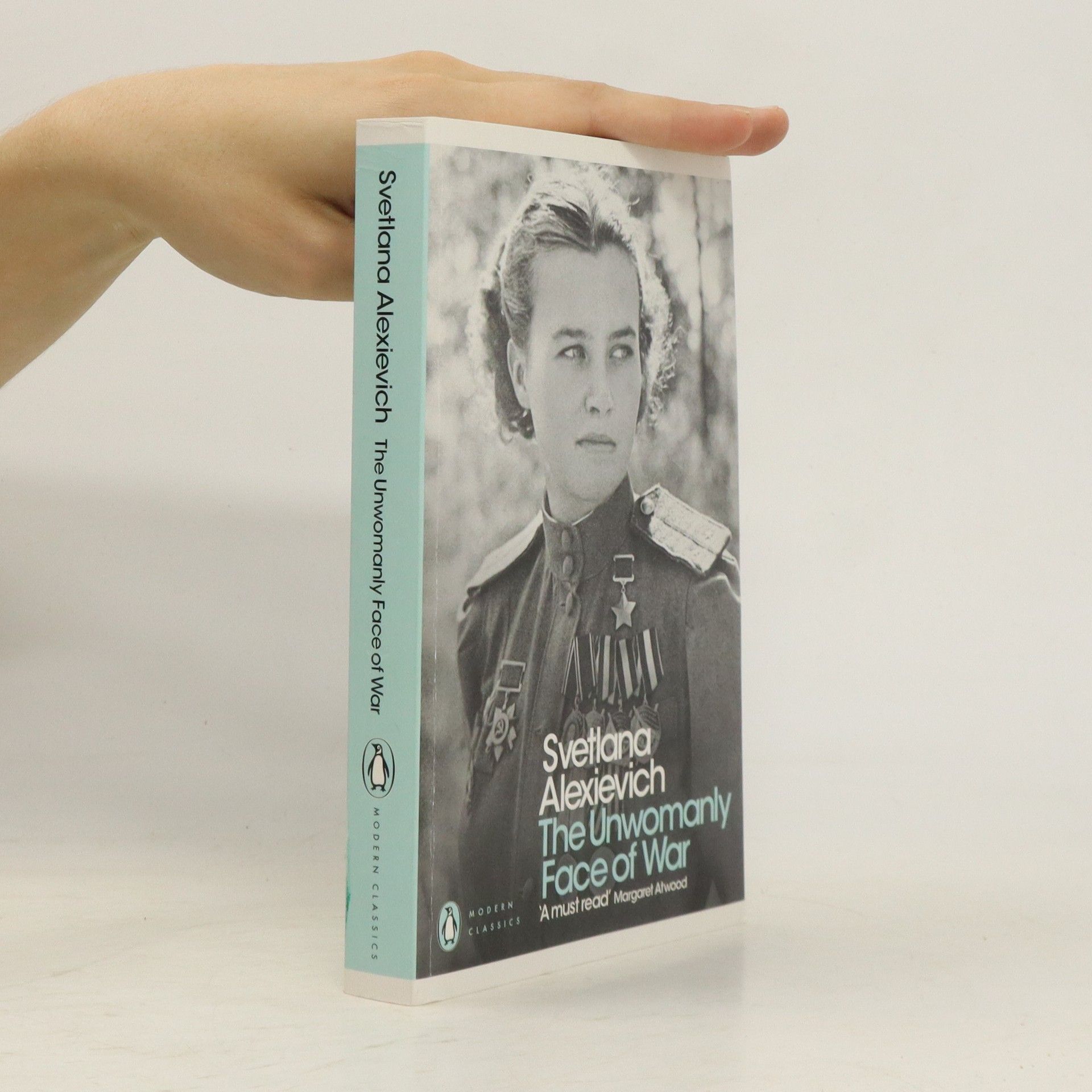

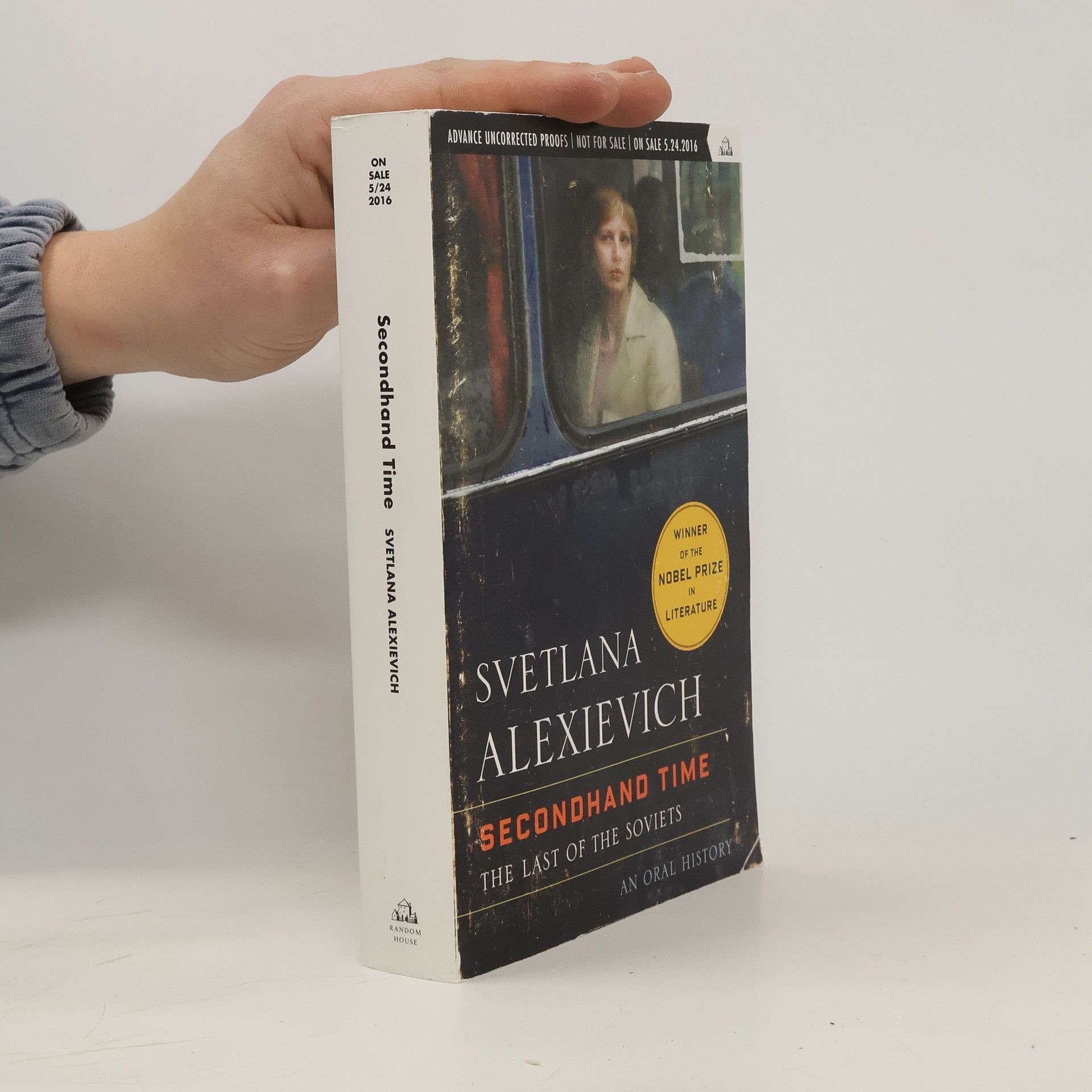
Doba z druhé ruky
konec rudého člověka
Doba z druhé ruky je výjimečná kniha autorky, laureátky prestižních literárních cen. Konec komunistického režimu a rozpad sovětského impéria přinesly občanům zklamání a dezorientaci. Text je mozaikou hlasů, které Alexijevičová zaznamenala při rozhovorech s různými lidmi, jež vyprávějí o svých vírách v sovětský systém, o zabíjení a umírání pro jeho ideu, o hrůzách komunismu, gulagu, válkách a Černobylu. Čtenář se setkává s rozmanitými osudy a názory, z nichž vyvstávají společná traumata a obsese. Hrdinové považují srpen 1991, kdy statisíce Rusů vyšlo do ulic Moskvy, za vrchol svobodného vzepětí společnosti, avšak následovalo vystřízlivění. Kapitalismus si lidé představovali jako velký supermarket, ale probudili se v zemi třetího světa, plné anarchie, inflace, zločinnosti a korupce. Kniha nabízí hlubokou sondu do ruské společnosti a pomáhá porozumět jejímu současnému vývoji. Nutí čtenáře zamyslet se nad tím, co je Rusko a proč se oblíbenost autokrata Putina pohybuje kolem 85 %. Alexijevičová, jejíž díla byla přeložena do 22 jazyků a oceněna mnoha cenami, včetně Nobelovy ceny za literaturu, zkoumá, proč je velkoruský šovinismus stále živý a militantnější.
The Unwomanly Face of War
- 384pages
- 14 heures de lecture
The Unwomanly Face of War is Svetlana Alexievich's collection of stories from Soviet women who lived through the Second World War: on the front lines, on the home front, and in occupied territories. As Alexievich gives voice to women who are absent from official narratives - captains, sergeants, nurses, snipers, pilots - she shows us a new version of the war we're so familiar with, creating an extraordinary alternative history from their private stories. Published in 1985 in Russia and now available in English for the first time, The Unwomanly Face of War was Alexievich's first book and a huge bestseller in the Soviet Union, establishing her as a brilliantly revolutionary writer.
Otřesné výpovědi prostých Bělorusů o důsledcích výbuchu jaderné elektrárny Černobyl v r. 1986 - zkáza, smrt a trvalá tělesná i duševní postižení. Současná běloruská spisovatelka jezdila tři roky po zemích bývalého Sovětského svazu a zpovídala svědky černobylské katastrofy. Jejich svědectví vypovídají nejen o strašných lidských osudech, o hrůzách nemocí z ozáření či záměrné neiformovanosti sovětské i světové veřejnosti o skutečném stavu věcí, ale především o bezcitnosti sovětské totality, pro niž neměl lidský život vůbec žádný význam. Kniha výpovědí je uvedena několika citáty z odborné literatury s hrůznými statistikami důsledků černobylské katastrofy.
Dix années de la guerre des Soviétiques en Afghanistan vues à travers les témoignages recueillis par la journaliste auprès des soldats et en URSS auprès de leurs proches. Avec des chroniques et des extraits du procès intenté à l'auteure pour la parution de cet ouvrage
Цинковые мальчики
- 398pages
- 14 heures de lecture
